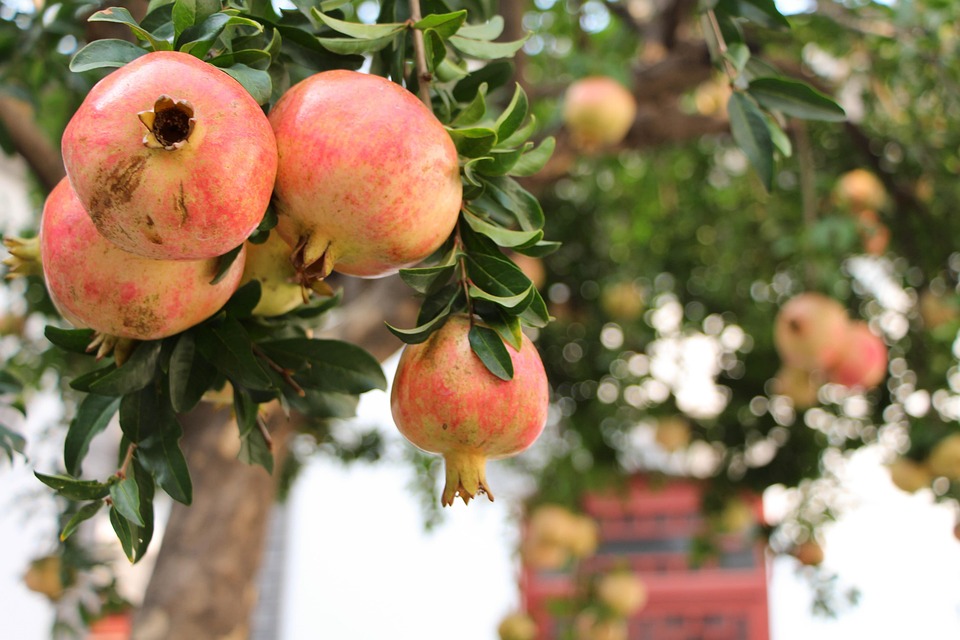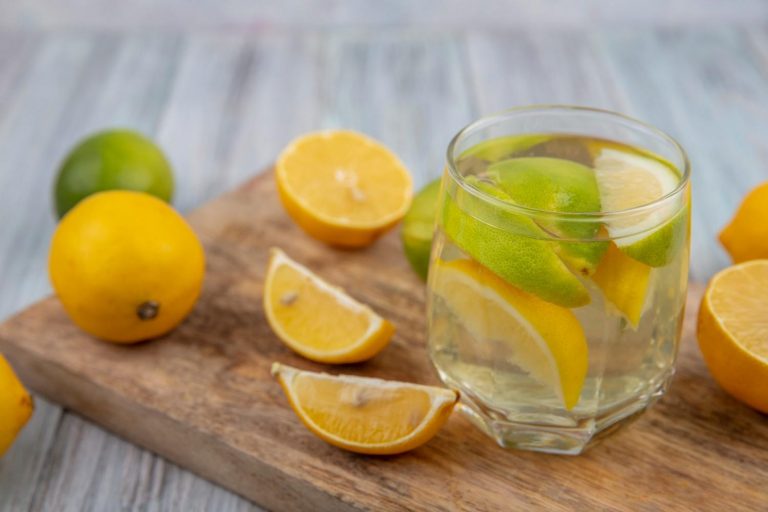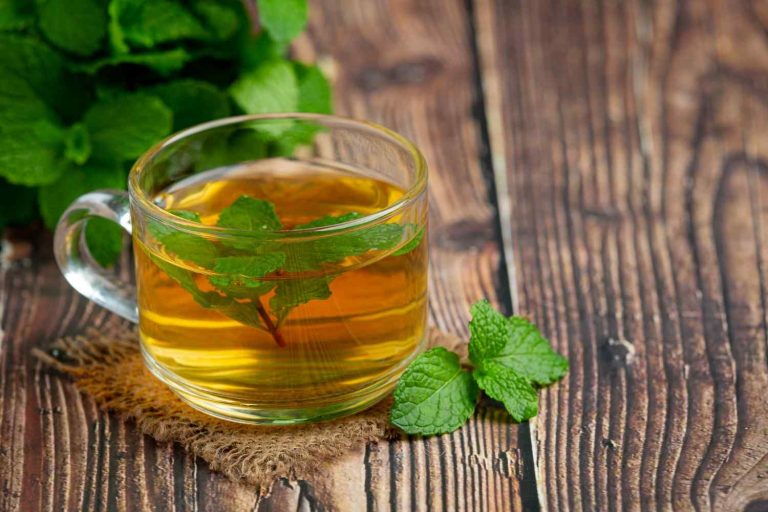Contents
- Brain memory fruits: What They Are And Why They Matter
- Brain Memory Fruits: 7 Power Players
- Blueberries, Tiny, Potent Memory Boosters
- Blackberries, Rich, Low-Sugar Brain Fuel
- Strawberries, Fast, Bright Cognitive Support
- Avocados, Creamy, Neuroprotective Fat
- Oranges, Bright Vitamin C For Clear Thinking
- Grapes, Quick Actives For Short-Term Recall
- Pomegranates, Deep Antioxidant Defense
- How To Add Brain Memory Fruits To Your Daily Life
- Shopping And Storage Smart Moves
- Simple Recipes And Pairings That Work
- Science That Backs Brain Memory Fruits
- Who Should Use Caution
- Bottom Line
- FAQ
Brain memory fruits: What They Are And Why They Matter
Brain memory fruits are the handful of fruits that give your brain the nutrients it needs to remember, focus, and spark creative thinking. These fruits deliver vitamins, antioxidants, and natural sugars that fuel neurons and protect fragile brain tissue. You care because your memory shapes your work, your conversations, and the stories you pass to the people you love. Feed your mind well, and everything else follows.
You’ll read claims about “superfoods” that sound like marketing. I want you to keep what matters: real evidence and real results. This article pulls research from reputable medical and university sources and pairs that science with practical, everyday ways to add these fruits to your routine. By the end, you’ll know which fruits outperform the rest and how to use them without making your life harder.
Let’s be direct: this is not a magic pill. But the right fruit on your plate every day is a reliable, delicious tool that helps your memory. If you want focus that sticks, this is where you start.
Brain Memory Fruits: 7 Power Players
Blueberries, Tiny, Potent Memory Boosters
Blueberries are the rock stars of brain memory fruits because of anthocyanins, the pigments that give them color and powerful antioxidant action. Studies at institutions such as the University of Reading and the USDA show blueberries help reduce inflammation and improve cell signaling in the hippocampus, a brain area essential for memory. A handful in the morning or blended into a smoothie supports recall and reaction time without fuss. Eat them fresh, frozen, or mixed into yogurt and notice the subtle lift in clarity.
Blackberries, Rich, Low-Sugar Brain Fuel
Blackberries deliver vitamin K, manganese, and folate, all partners in keeping synapses responsive. As one of the underestimated brain memory fruits, blackberries bring fiber and a lower glycemic impact than many sweet snacks. That means steady energy for thinking, not spikes and crashes. Add them to oatmeal or toss into a salad for a smart midday pick-me-up.
Strawberries, Fast, Bright Cognitive Support
Strawberries carry flavonoids and vitamin C, which protect neurons against oxidative stress. Clinical reports linked to improved learning and delay of age-related decline point to berries as defensive foods. Strawberries are easy: slice them over whole-grain cereal or blend them with banana and almond milk for a brain-friendly shake. They’re an immediate, joyful way to reinforce memory routines.
Avocados, Creamy, Neuroprotective Fat
Avocado sometimes slips off the “fruit” radar, but it belongs. It’s one of the most effective brain memory fruits for steady blood flow because of its monounsaturated fats. Healthy fat equals steady circulation, and steady circulation means oxygen and nutrients get to your brain. Use avocado in toast, salads, or smoothies to support concentration for hours.
Oranges, Bright Vitamin C For Clear Thinking
Oranges are a classic for a reason: vitamin C plays a direct role in protecting brain cells from damage and in neurotransmitter production. Among brain memory fruits, citrus shines for immune support and cognitive protection. A glass of freshly squeezed orange juice or a peeled orange for dessert gives a bright, clean lift to your memory toolkit.
Grapes, Quick Actives For Short-Term Recall
Grapes, particularly red and purple varieties, are loaded with resveratrol and polyphenols that support blood vessel health and neural signaling. Research suggests grapes can help short-term memory and reaction time, useful when you need to remember names or details in conversation. Freeze a few for a chilled snack that refreshes and sharpens.
Pomegranates, Deep Antioxidant Defense
Pomegranates are among the boldest brain memory fruits when it comes to antioxidant density. Their juice and seeds supply punicalagins, which have been studied for reducing inflammation and protecting neurons. Use pomegranate seeds in salads or drink a small glass of tart juice as part of a meal to strengthen memory defenses.
How To Add Brain Memory Fruits To Your Daily Life
Start small and be consistent. Pick one fruit from the list and make it a daily habit for two weeks. Habits form in repetition more than intensity. The brain rewards routine.
Balance matters: pair fruit with protein or fat to slow sugar absorption and extend mental benefits. Examples that work: blueberries with plain Greek yogurt, avocado on whole-grain toast with an egg, or pomegranate seeds tossed with walnuts. These pairings are simple and keep your energy steady.
Plan ahead. Keep frozen berries in your freezer, stash grapes in single-serve containers, and slice citrus for grab-and-go snacks. This reduces decision fatigue and keeps the brain memory fruits within reach when you’re busy.
Shopping And Storage Smart Moves
Look for color and firmness. Bright fruit with intact stems usually means fresher flavor and more nutrients. Organic isn’t mandatory for memory benefits, but it can reduce pesticide exposure if you’re concerned.
Storage: store berries in the fridge and use within a few days, or freeze them for smoothies. Keep avocados at room temperature until ripe, then refrigerate to slow ripening. These small steps keep your fruit tasting like the reward it should be.
Simple Recipes And Pairings That Work
Smoothie: blueberries, a handful of spinach, half an avocado, and unsweetened almond milk. It’s quick, portable, and balanced.
Snack bowl: Greek yogurt, strawberries, blackberries, a drizzle of honey, and a sprinkle of walnuts.
Salad topper: mixed greens, sliced grapes, pomegranate arils, avocado, and grilled chicken with lemon vinaigrette.
These meals are easy to make and they put brain memory fruits where they do the most good, at your table, often.
Science That Backs Brain Memory Fruits
The research shows patterns: antioxidants, flavonoids, and healthy fats support synaptic plasticity, reduce inflammatory signaling, and improve cerebral blood flow. Trusted institutions like Harvard Health publish approachable summaries explaining how these compounds work, and peer-reviewed journals document measurable improvements in memory tests after berry-rich interventions. Incorporating these fruits isn’t guesswork; it’s applied nutrition based on how the brain repairs and learns.
If you want readable science, the Harvard Health publications and NIH summaries are excellent places to explore specific studies and clinical trials. They provide context without the jargon, and they explain how to apply the findings in real life.
Who Should Use Caution
Fruit is food, but some conditions require choices. If you have diabetes or blood-sugar challenges, discuss portion sizes with your healthcare provider before increasing fruit intake. People on certain blood thinners should check with a clinician about high-vitamin-K fruits like avocados. Also, fruit allergies are real, if you react to one fruit, avoid related varieties and seek medical advice.
When in doubt, bring test results or a list of medications to a nutritionist or doctor and ask how brain memory fruits fit your individual plan. Personalized guidance keeps you safe and effective.
Practical Weekly Plan
– Monday to Friday mornings: a berry-based smoothie with protein on three days and whole-grain toast with avocado on two.
– Snacks: a small bowl of grapes or a cup of strawberries mid-afternoon.
– Weekend: homemade salad with pomegranate seeds and grilled fish.
This pattern keeps variety and ensures consistent intake without feeling like a diet.
Bottom Line
The promise of brain memory fruits is straightforward: consistent, smart servings of specific fruits support memory, protect brain cells, and improve focus. You don’t need a long list of rules. Start with one fruit, pair it with protein or healthy fat, and make it a habit. Over weeks, you’ll notice sharper recall and steadier concentration. This is practical, evidence-backed nourishment for your mind.
You can begin today—slice a few strawberries, grab a handful of blueberries, and let your brain taste what real support feels like.
FAQ
Which Fruit Helps Memory The Most?
Blueberries are frequently studied and show reliable benefits for memory and cognitive function, making them a top pick among brain memory fruits. Eating them regularly is one of the simplest, most researched ways to support recall.
How Much Fruit Should I Eat For Brain Benefits?
Aim for one to two servings of brain memory fruits daily, combined with protein or healthy fats to extend benefits. A serving is about a cup of berries or one medium avocado; consistency matters more than exact numbers.
Can Fruits Replace Supplements For Memory?
Fruits provide whole-food nutrients and antioxidants that supplements try to mimic, and they come with fiber and natural balance. In many cases, whole fruits are preferable, though supplements may be recommended by your clinician for specific deficiencies.
Are Frozen Fruits As Good As Fresh?
Yes. Frozen berries are often picked at peak ripeness and retain nutrients, making them a practical and often more affordable option among brain memory fruits.
How Soon Will I Notice Improvements?
You may sense small improvements in focus within days, but measurable changes in memory tend to emerge after several weeks of consistent eating and lifestyle habits. Think of this as steady training for your mind.
Visual lien and paragraph above to separate the main article from the reference list.
References
Harvard Health Publishing provides accessible summaries of how flavonoid-rich foods like berries support brain function (http://www.health.harvard.edu).
The National Institutes of Health hosts peer-reviewed research and clinical trial information about dietary impacts on cognitive health (http://www.nih.gov).
The U.S. Department of Agriculture offers nutrient profiles and research on antioxidant properties of fruits such as blueberries and pomegranates (http://www.usda.gov).
Get Your FREE Natural Health Guide!
Subscribe now and receive our exclusive ebook packed with natural health tips, practical wellness advice, and easy lifestyle changes, delivered straight to your inbox.




